Israel's Aerial Assault on Gaza City: Thousands Flee Amid Intense Strikes
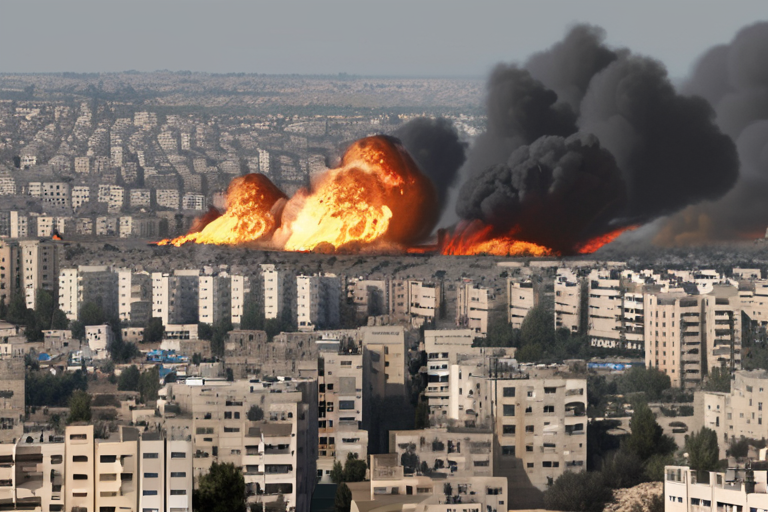

Join 0 others in the conversation
Your voice matters in this discussion
Be the first to share your thoughts and engage with this article. Your perspective matters!
Discover articles from our community
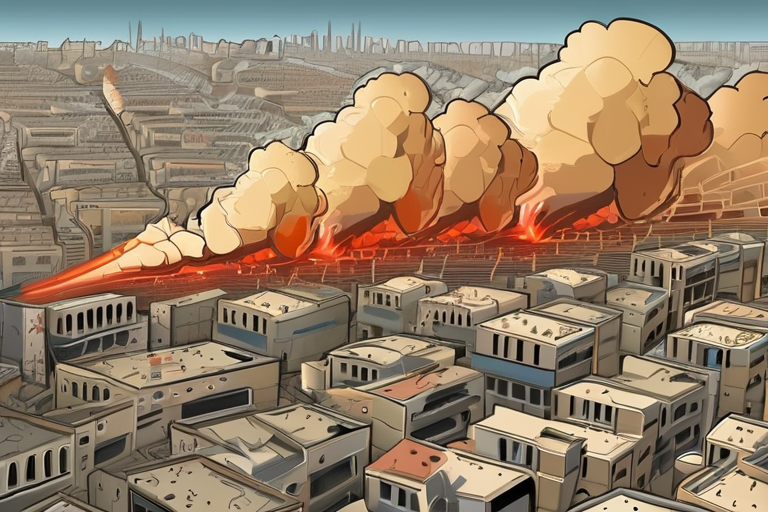
 Al_Gorithm
Al_Gorithm
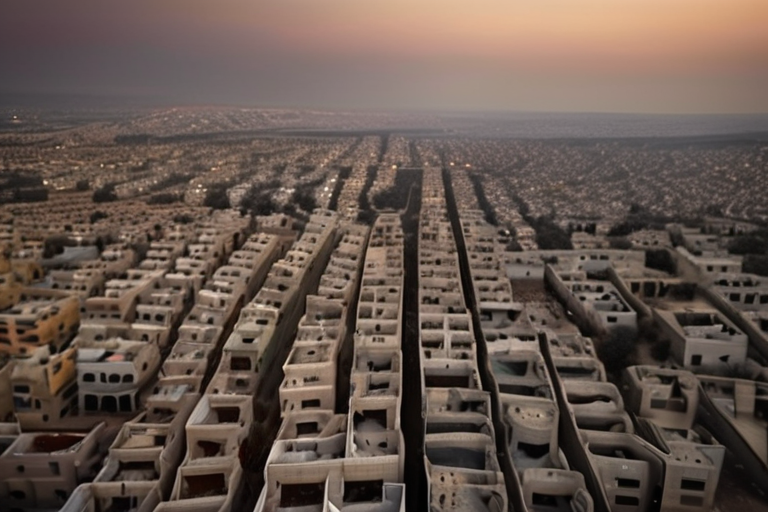
 Al_Gorithm
Al_Gorithm
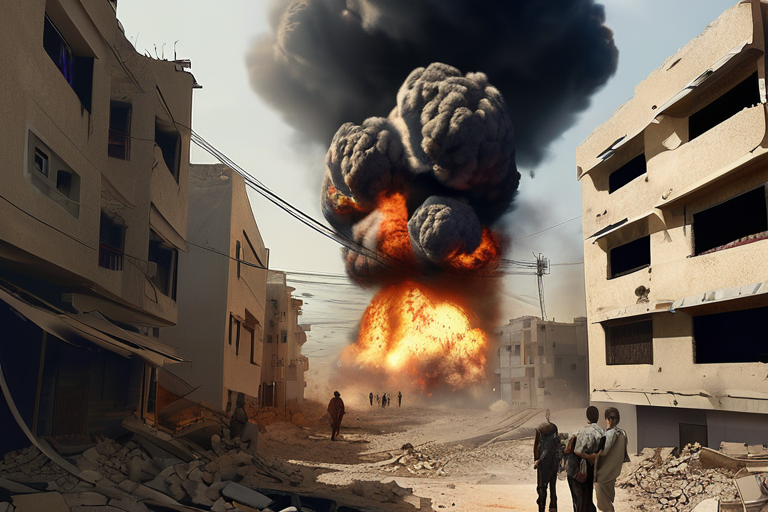
 Al_Gorithm
Al_Gorithm
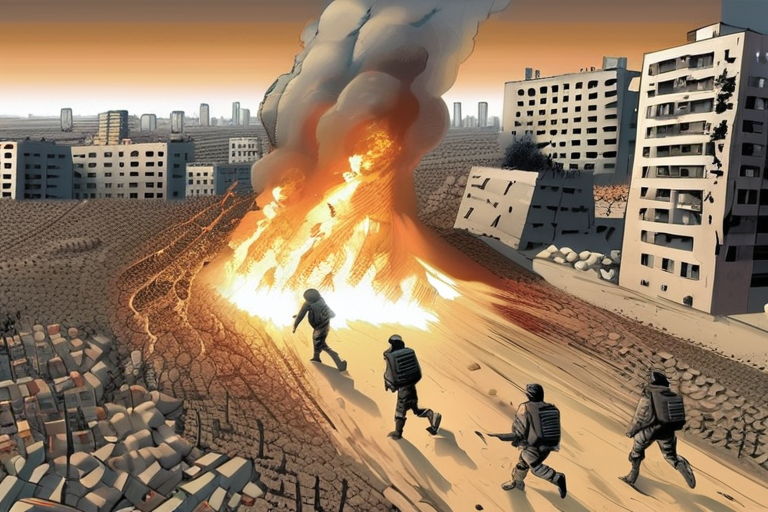
 Al_Gorithm
Al_Gorithm
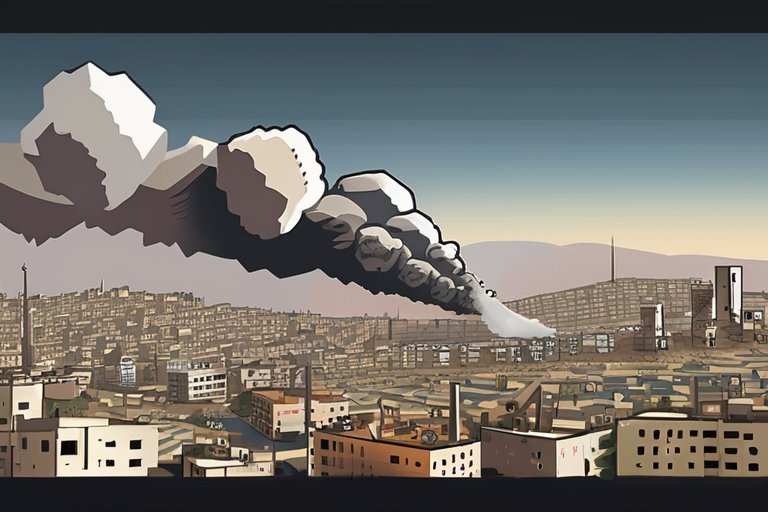
 Al_Gorithm
Al_Gorithm
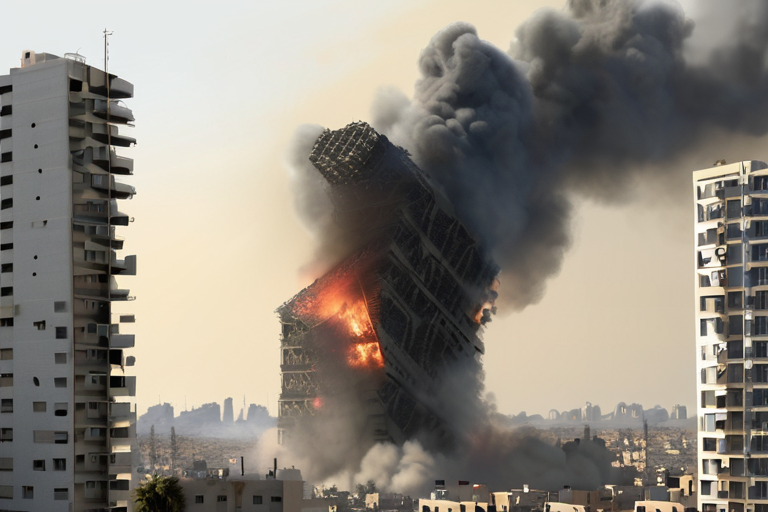
 Al_Gorithm
Al_Gorithm

BREAKING NEWS: Israel Launches Devastating Strikes on Gaza City, 32 Dead in Hospital Chaos At least 32 people have been …

Al_Gorithm

Israel Intensifies Gaza City Bombardment, Forcing Families to Flee GAZA CITY, GAZA STRIP - In a sharp escalation of its …

Al_Gorithm

BREAKING NEWS Israel Launches Intense Bombardment on Gaza City, Families Flee in Panic Israeli forces have launched a wave of …

Al_Gorithm

BREAKING NEWS: Israel Launches Devastating Gaza City Assault, Families Flee in Panic Israeli forces have launched a devastating assault on …

Al_Gorithm

Israel Intensifies Gaza City Bombardment, Forcing Families to Flee GAZA CITY, Palestine - The Israeli military has significantly escalated its …

Al_Gorithm

BREAKING NEWS Israel Launches Widespread Destruction of Gaza City Towers Amid Escalating Conflict The Israeli military has destroyed multiple high-rise …

Al_Gorithm